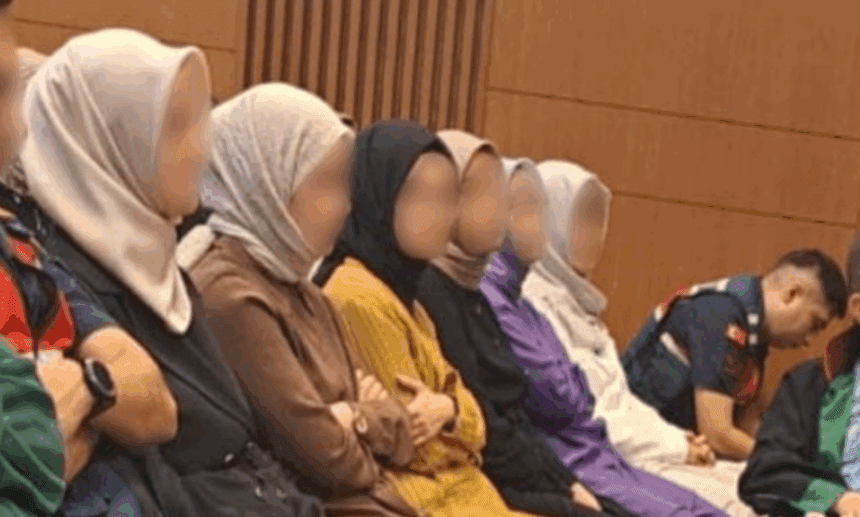The İstanbul 24th High Criminal Court on Thursday convicted 19 defendants and acquitted 19 others in a case dubbed the “girls’ trial,” which centered on terrorism charges arising from routine religious and educational activities allegedly connected to the faith-based Gülen movement.
Presided over by Judge Şenol Kartal, the panel sentenced 11 people to prison for membership in a terrorist organization, with terms ranging from six years, three months to seven years, six months. Eight others received three years, one month and 15 days for aiding a terrorist organization. The court ordered the arrest of two defendants who were at large and ruled there were no grounds to sentence one cooperating witness. In one family case, a mother was sentenced to six years, three months, while her daughter—a university law student—was acquitted.
The indictment, running 529 pages, lists more than 100 acts as evidence, including Quran study, tutoring, social gatherings and residence in shared apartments. Many of the defendants were detained in early-morning raids in May 2024. None of the alleged conduct involves weapons or violence. Prosecutors relied on Article 314 of the Turkish Penal Code, which covers membership in an armed terrorist organization. Rights advocates argue Turkish courts have stretched Article 314 to cover nonviolent association, religious practice and everyday social life.
International observers from European and American groups monitored earlier hearings and raised due process concerns, citing prolonged absences by a member of the three-judge panel, sharp exchanges between the bench and the defense, and interruptions of defendants during their statements. On June 27, the prosecutor submitted a final opinion seeking prison terms for all 41 defendants, a move defense lawyers criticized as echoing the indictment without establishing the elements of a crime. Defense teams emphasized there were “no guns, no violence and no chain of command,” and said chat messages presented as evidence concerned rent and utility bills, showing student apartments were self-funded rather than financed by an organization.
The verdict is expected to be appealed.
The case is part of a wider crackdown on real or perceived members of the Gülen movement, inspired by cleric Fethullah Gülen, who died in October 2024 after years in exile in the United States. President Recep Tayyip Erdoğan began targeting the movement after December 2013 corruption probes implicated members of his circle, designated it a terrorist organization in May 2016, and intensified the purge following the failed coup attempt in July 2016, which the movement denies orchestrating.
According to the Justice Ministry’s latest figures, more than 126,000 people have been convicted over alleged Gülen links since 2016, with 11,085 still in prison. Legal proceedings are ongoing for over 24,000 individuals, and another 58,000 remain under investigation nearly a decade after the coup attempt. Many followers have fled the country to avoid prosecution.



